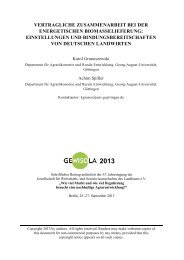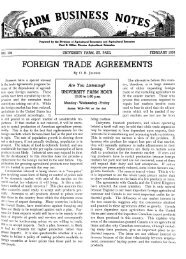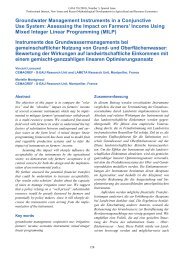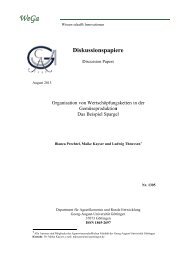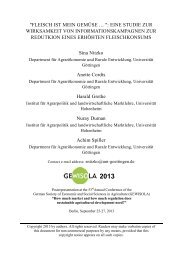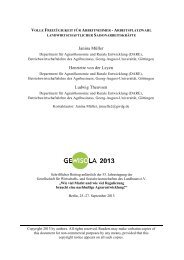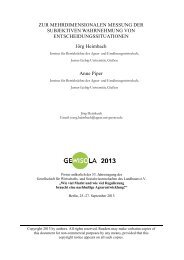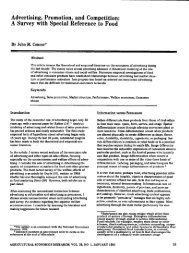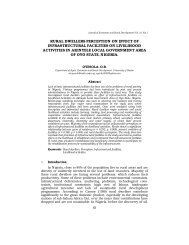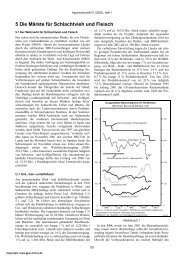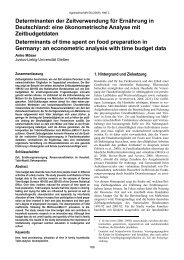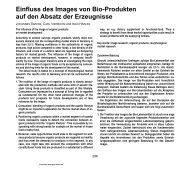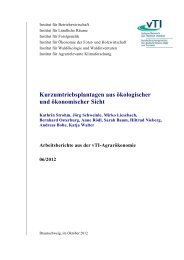District Institutes of Education and Training - Teacher Education
District Institutes of Education and Training - Teacher Education
District Institutes of Education and Training - Teacher Education
Create successful ePaper yourself
Turn your PDF publications into a flip-book with our unique Google optimized e-Paper software.
<strong>District</strong> <strong>Institutes</strong> <strong>of</strong> <strong>Education</strong> <strong>and</strong> <strong>Training</strong>: A Comparative Study in Three Indian States<br />
Box 5.1: Planning for MLL training, Masuda DIET, April 1999<br />
DIET TT1 Today, one thing to be discussed is the programme for post-5<br />
training.<br />
MLLi/c1 Last year, training for post-5 was not at all effective. Resources<br />
were not good; in P.. 50 were called <strong>and</strong> only 4 came.<br />
DIET V-P Also to be taken in consideration is what new can be done for the<br />
teachers who have been attending the training for the last 5 years<br />
– can any new thing can be added for them.<br />
MLLi/c2 Yes, in the TLM workshop, teachers can be taught to make new<br />
things.<br />
MLLi/c3 Puppet shows..<br />
MLLi/c3 Drama, theatre education be included.<br />
DIET V-P Yes, for cognitive subjects, these can be used; these things help in<br />
making the subject lively <strong>and</strong> engaging.<br />
MLLi/c1 For non-cognitive subjects, anything can be used.<br />
DIET V-P It seems teachers do not pay attention to the competency <strong>of</strong><br />
children, they only worry about completion <strong>of</strong> the prescribed<br />
course.<br />
MLLi/c1 But teachers have no other alternative.<br />
MLLi/c2 Yes in 75% <strong>of</strong> schools, only a single teacher is working, <strong>and</strong> the<br />
whole responsibility is on him/her for course completion.<br />
Planning in Masuda DIET was comprehensive for the Lok Jumbish programmes:<br />
administrative <strong>of</strong>ficials <strong>and</strong> Master Trainers were called to organise logistical details,<br />
such as date, duration <strong>and</strong> venue <strong>of</strong> the training; <strong>and</strong> to identify potential aspects<br />
where teachers might need particular support (see Box 5.1). A core group was<br />
formed to supervise <strong>and</strong> evaluate the training <strong>and</strong> would meet before, during <strong>and</strong><br />
after the programme. However, the DIET staff did not follow these procedures for<br />
their government programmes. DIET staff did not see any anomaly in this, <strong>and</strong><br />
rather than seeing these quality mechanisms as a generic good practice for universal<br />
application, said they were not a requirement <strong>of</strong> government programmes.<br />
Another aspect <strong>of</strong> the intensive in-service activities in the DIETs was these took<br />
precedence over pre-set, so if there was any staff shortage – for example because so<br />
many programmes were running at once – the in-service programme would take<br />
priority: ‘It happens many times most <strong>of</strong> the people are out, at that time I <strong>and</strong> 2-3<br />
others who are there have to run classes. At that time, I have to take classes for 2 hours.’<br />
In this way, the pre-set course also suffered disruptions <strong>and</strong> cancellations, <strong>and</strong><br />
students felt that their course work suffered; this was acute in DIETs such as Dhar,<br />
Masuda <strong>and</strong> Surat where there was shortstaffing, but it occurred in all DIETs.<br />
96 DFID



